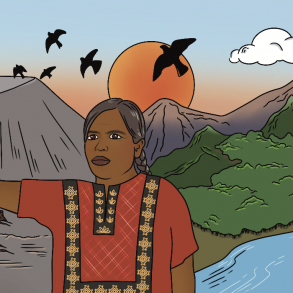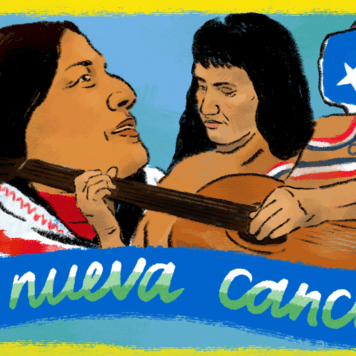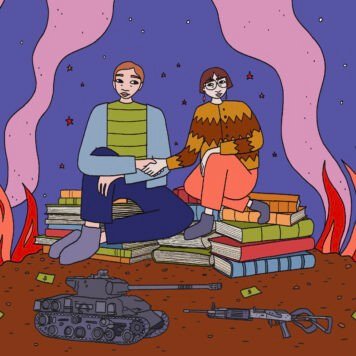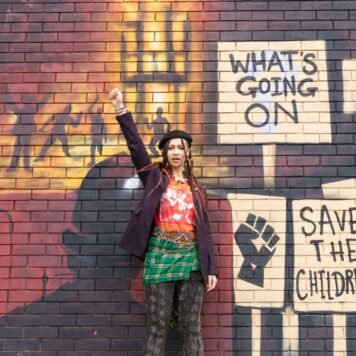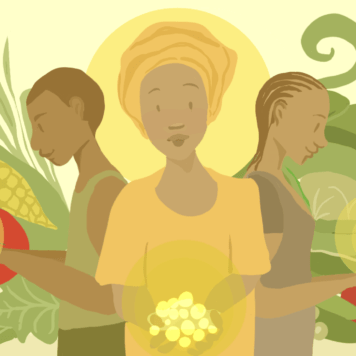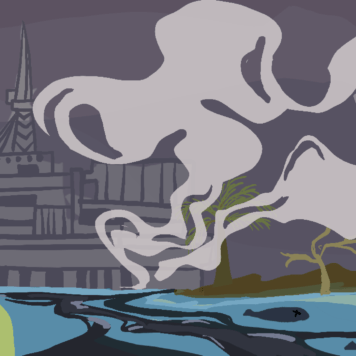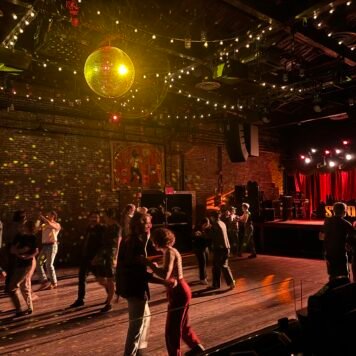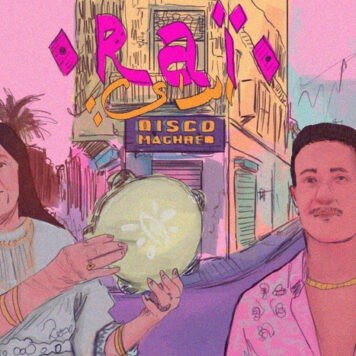Like so many religious celebrations whose dates have fallen during the Lockdown period, millions of families across the world are having to adapt to social distancing rules for Ramadan this year. For the first time, Mecca – Islam’s holiest city and the birthplace of Prophet Muhammed – is closed, a symbolic gesture which resonates with the impact of COVID-19 on all public religious spaces and celebrations.
Iftar, the meal enjoyed after sundown by Muslims observing Ramadan to break their day of fast – but public iftar gatherings have not been possible this year. For a religious celebration which is characterised by the sharing of food and the bringing of families and friends together, we spoke to director and film-maker Basma Khalifa to find out how she is keeping connected during lockdown, what her Ramadan looks like this year and how film can be used to keep people united in times of isolation.

Like the rest of us, lockdown has bestowed a new job upon Basma: the quizmaster. With her two flatmates, she’s moved the virtual zoom quiz outside and created questions for her neighbours, everyone sitting at a government-sanctioned 2m distance from one another. Before COVID-19, she explained that she knew her immediate neighbours but hadn’t properly met most of the people on her street. Getting to know people has been an activity Basma has really enjoyed, even if it’s just asking people’s names; how they’re doing and feeling.. “I don’t mind small talk”, she said, “especially when you’re checking in on people’s health.”
This shift in the connectivity of conversations is something Basma sees as a positive change. “It just shows you where the conversation is changing and I think it’s changing for the better,” she said. As she wrote on her Twitter, “Conversations switching from ‘what have you been up to’ to ‘how are you’ are so much more important and necessary”. She explains, “I’ve spent my whole career being asked and answering the question ‘what are you working on?‘ on a daily basis, so it’s nice that it’s not the first thing people say to you.” When we ask whether she thinks conversations will continue in this vein once lockdown is lifted, she says, “I hope so, and I personally think it can. I think people are pushed into having more honest chat, which I think the world was maybe missing before.”

The idea of staying connected to your family, friends and community despite being physically apart is a theme which is at the core of two of Basma’s most recent short films made in collaboration with Facebook. The two films, Ramdan Kareem and Ramadan Together, celebrate the myriad of ways families and individuals are celebrating Ramadan and keeping connected to their loved ones and their faith.
When asked how she’s adapting to Ramadan this year, Basma explains, “I think what everyone has had to do this year is create their own Ramadan, right? Everyone’s had to figure out bits that they miss from their culture that they can bring into their day-to-day lives.” This idea speaks to the theme of her first film, Ramadan Together, where Muslims from different backgrounds come together to talk about the holy month and the different traditions they incorporate into their Ramadan. For Sarah-Ishar, it was important to continue exercising; for Mim Shaik, it was all about the clothes he was wearing. “Getting dressed this morning, it felt like Eid”, he said. We ask Basma, as a stylist, whether this resonated with her, too. “In my experience, clothing is a huge part of who we are as people – it’s our culture and super important to us. It was so nice that everyone came, very proudly, in their traditional wear.”
Most importantly, though, Basma’s lockdown Ramadan “is about cooking; cooking the food that my mum, or my cousin, would have cooked. It’s also about doing those little things to keep connected to people. I spend a lot more time on the phone, a lot more time talking to people, sending images and sending pictures and that has been really nice.”
“The thing that’s missing from this Ramadan is the sharing of stuff. A huge part of Ramadan is coming together and sharing food – and that physical touch is missed.”
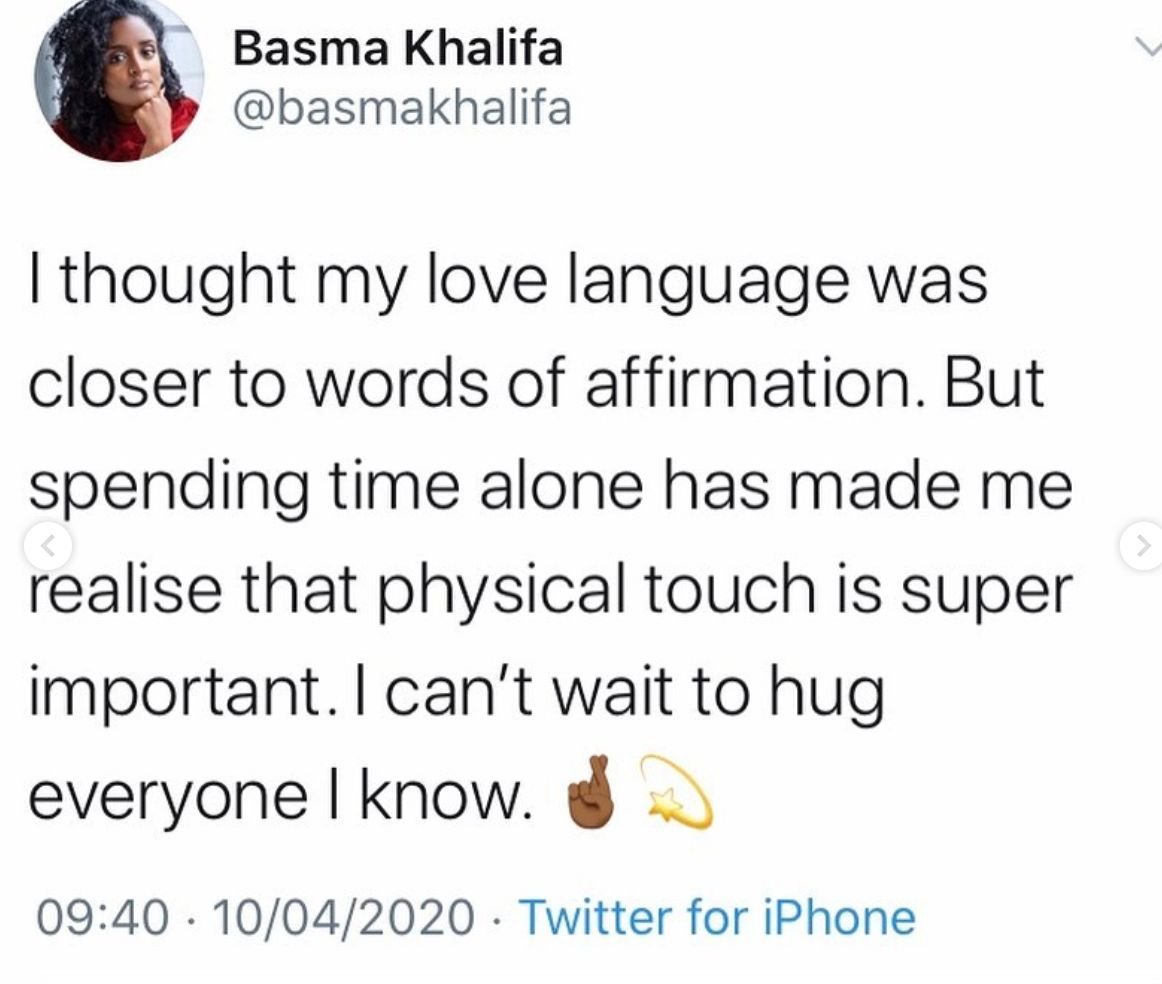
This isn’t, however, unique to those celebrating Ramadan during lockdown When it comes to her second video, Ramadan Kareem, she says “a huge part of the responses I’ve had back from people was how much they resonated with it even if they’re not religious.” Although the film showcases the different ways families all over the world are celebrating Ramdan, it speaks foremost to connection, unity and the ways people are coping regardless of faith.
“Whether you’re fasting or not you still miss your family, you still miss your friends, you still miss hugging and kissing and loving on someone – that’s not a Ramadan-specific problem.” As with everything Basma does, she explains, Ramadan Kareem is not just for Muslims. “I never want things to be Muslim-specific at all… I wanted this video to be able to speak to anyone”.
Subscribe to shado's weekly newsletter
Exclusive event news, job and creative opportunities, first access to tickets and – just in case you missed them – our picks of the week, from inside shado and out.

Whether you are observing Ramadan this month or not, we can all learn something from the way Basma is keeping connected during this time; follow her at @basmakhalifa


